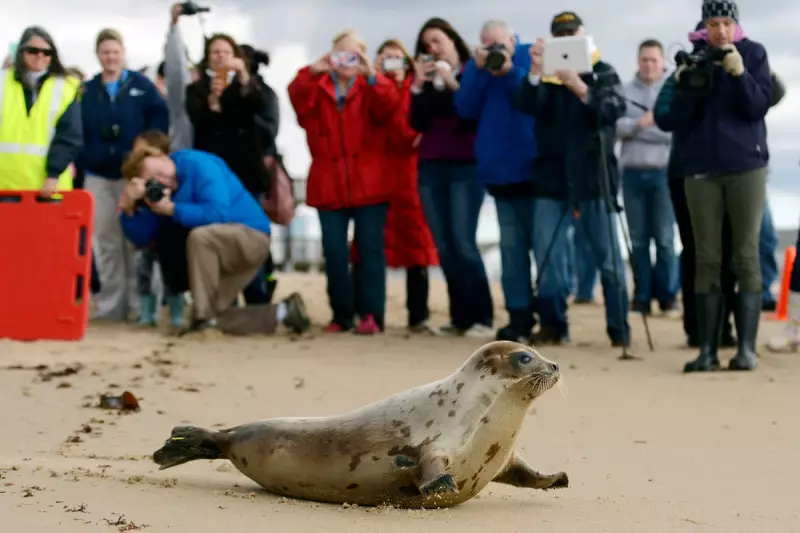
The world's biodiversity is facing an unprecedented crisis, according to the latest update from the International Union for Conservation of Nature (IUCN). Their sobering Red List assessment now reveals that more than 45,000 species are threatened with extinction - representing a staggering 28% of all assessed species.
Madagascar's Primates on the Brink
In a particularly alarming development, nearly all of Madagascar's lemur species now face extinction. The update shows that 33 lemur species have been pushed to higher threat categories, with 103 of the 107 surviving species now considered critically endangered.
The primary driver of this catastrophe has been catastrophic deforestation and rampant hunting on the island nation. Conservationists warn that without immediate intervention, these unique primates could vanish forever.
Arctic Breeding Birds in Freefall
The crisis extends far beyond tropical regions. Several bird species that breed in the Arctic are now showing dramatic population declines. The red knot, a migratory shorebird, has been uplisted to near threatened status as climate change disrupts its delicate breeding patterns and food sources.
Similarly, the Atlantic puffin and black-legged kittiwake now face greater threats, highlighting how climate change is creating a domino effect across global ecosystems.
Central America's Freshwater Crisis
The updated Red List also sounds the alarm for freshwater species in Central America. Freshwater fish are experiencing particularly severe declines, with 16 species from the region moving into higher threat categories this year.
This worrying trend underscores the interconnected nature of environmental threats - from deforestation and pollution to climate change - that are pushing species toward extinction at an accelerating rate.
A Glimmer of Hope
Despite the overwhelming bad news, the report does contain some success stories that demonstrate conservation can work when properly funded and implemented. The European bison, once extinct in the wild, has seen its status improved from vulnerable to near threatened thanks to dedicated reintroduction programmes.
Similarly, twenty-five other species have shown improvements in their conservation status, proving that targeted intervention can reverse even the most dire situations.
The comprehensive assessment, which now covers over 150,000 species, serves as both a warning and a call to action for global conservation efforts before it's too late for thousands of irreplaceable species.





